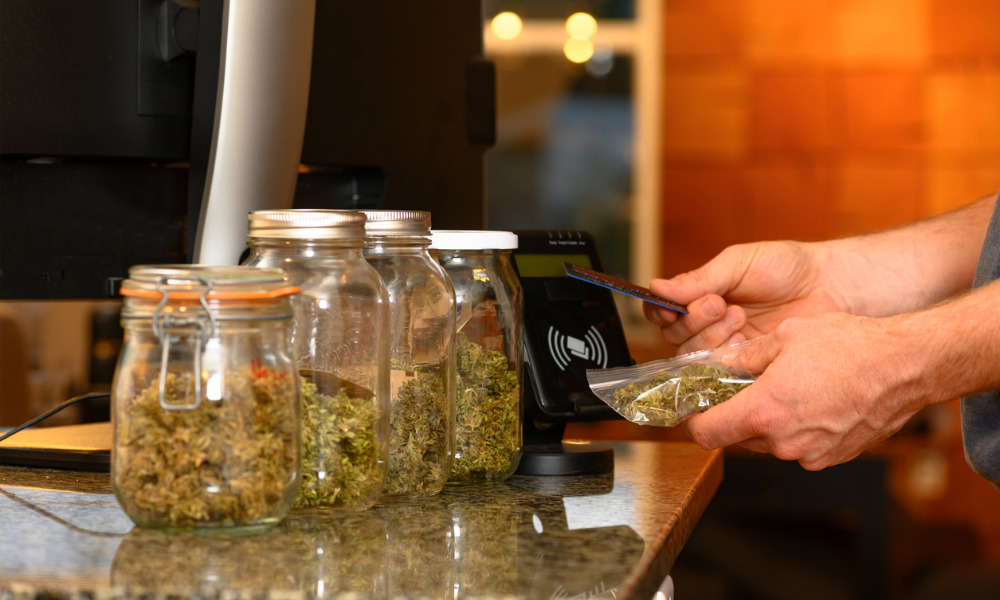Industry report predicts doubling of revenue this year, and more than 500% growth by 2025

In the investing space, the cannabis industry has come to be known as a cautionary tale. In 2018, the space experienced an initial frenzy, which critics dismissed as mere speculation that grossly overestimated the bump that legalization would provide to the space. Two years on, and the sector has found itself punished by supply bottlenecks, a lack of brick-and-mortar sales outlets, and a host of other challenges.
At this point, hardly anyone would fault an early cannabis investor for walking away and writing off their losses as the price of experience. But according to one report by Brightfield Group, a cannabis-focused market research firm, the sector might be able to stage a comeback.
In an August 2020 report titled Cannabis in Canada covered by Forbes, Brightfield noted how COVID-19 failed to dissuade the industry from launching Cannabis 2.0, which saw product lines expend to include edibles, extracts, vapes, and topicals. It also heralded a “more cautious and strategic approach to product development, distribution and marketing, along with the tightening of belts and shifts in leadership among many of Canada's licensed producers.”
The previously restrictive conditions in provincial markets also appear to have thawed, the report said. Citing the example of Ontario, Brightfield said the first year of legalized marijuana saw just 24 retail outlets allowed open in the province; today, that has grown to more than 100, with another 50% anticipated to get licensed before the year ends.
Factoring in other trends in 2020 such as bans lifting and value brands entering the market, Brightfield predicted that the recreational market will double 2019 revenues of $881.9 million to reach $1.7 billion this year, and grow 512% to $5.4 billion by 2025. Including medical marijuana, the report projected that the whole cannabis industry will see revenues of $5.8 billion.
There are also positive prospects for the pot sector south of the border. In an interview with Investing News Network, AdvisorShares Managing Director and Chief Operating Officer Dan Ahrens said that since the U.S. federal government considers Cannabis a Schedule I controlled substance, large Canadian corporations can’t step into the U.S. market without running the risk of illegal action. That’s no problem for U.S. pot companies, specifically the so-called multi-state operators with assets in states where the sale and distribution of cannabis is legal.
“The US is a much bigger market, a much better market, and now this year the US market is performing a lot better than most of the Canadian market,” Ahrens said, emphasizing the need for investors to distinguish between large Canadian companies and the smaller U.S. names that can take advantage.



